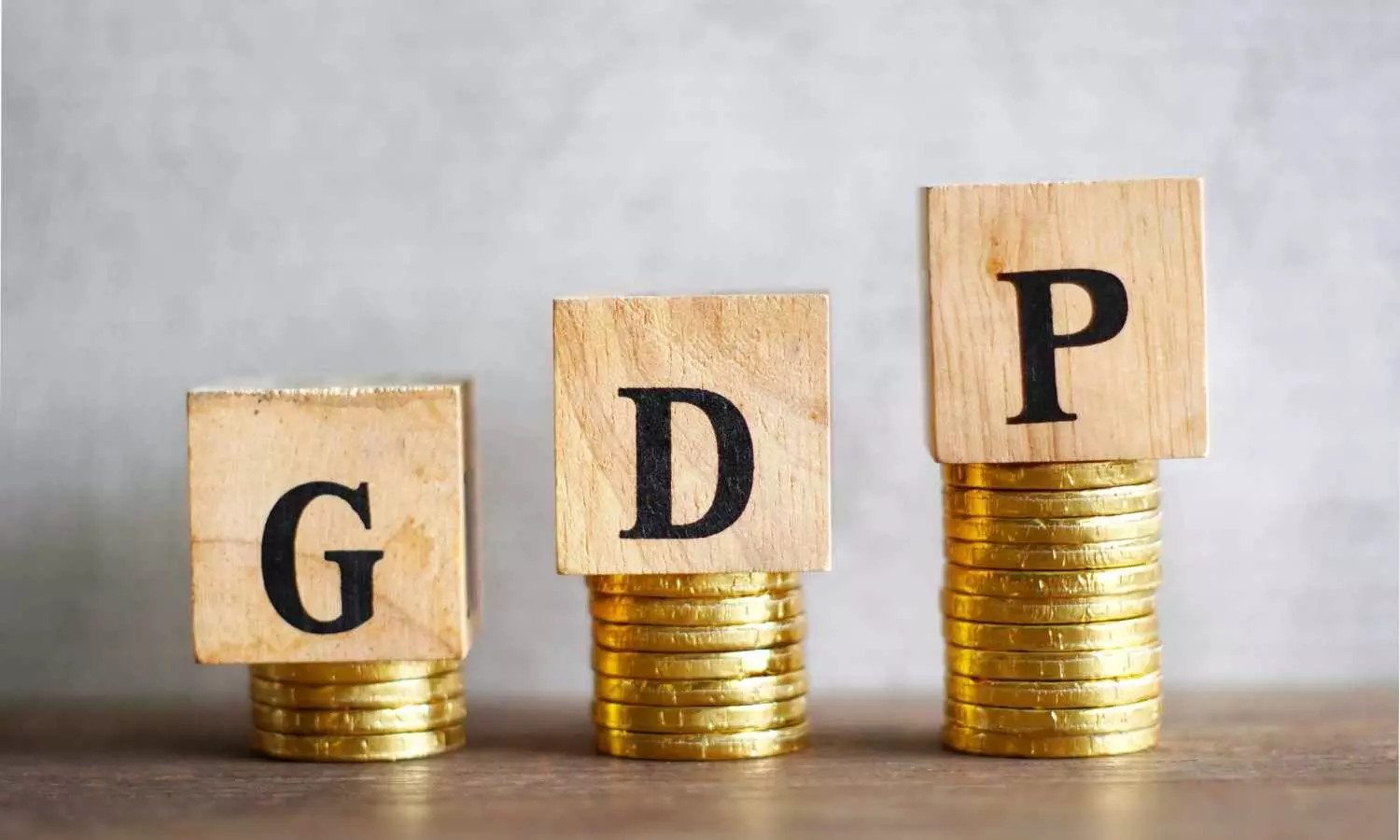Impact of Billionaires on GDP
Billionaires shape the global economy through investment and innovation but also drive wealth inequality and economic challenges. Explore their impact and influence.
Impact of Billionaires on GDP

Billionaires can contribute to a country's GDP through various avenues, including job creation, investment, innovation, and tax revenue. They can also stimulate economic growth by funding new businesses, developing innovative products and services, and raising the overall standard of living.
About 60 percent of billionaire wealth comes from one of three sources: inheritance, cronyism and corruption, or monopoly power. Trillions are being gifted in inheritance in particular, creating a new aristocratic oligarchy that has immense power in our politics and our economy.
With substantial investments in AI, luxury goods, and infrastructure, super-billionaires wield unparalleled influence over global economies, technology, and even space exploration. As their wealth continues to grow, so too do debates over economic inequality and policy changes.
Our deeply unequal world has a long history of colonial domination, which has largely benefited the richest people. The poorest, racialized people, as well as women and marginalized groups have and continue to be systematically exploited at huge human cost.
The country is home to 284 billionaires whose cumulative wealth rose by 10 per cent to ₹98 lakh crore, or a third of the country's GDP, according to reports.
India has surpassed China in the average wealth of every billionaire is ₹34,514 crore as against ₹29,027 crore in China.
Mumbai added 11 billionaires to take the total up to 90 such super-rich people, but lost the tag of being Asia's billionaire capital to Shanghai this year.
Healthcare industry has the largest number of billionaires in India at 53, followed by by consumer goods with 35 entrants and industrial products with 32 entrants, according to the list.
The average age of Indian billionaires is 68, two years higher than the global billionaires' average age, the list said.
The wealthy now are wealthy in the way that they always once were. By that I mean they extract rents from the rest of the population. This was true during the feudal era when we had lords, ladies and kings and queens and others who lived off the back of a population who serfed for them.
The rich shrink the world economy partly because they absorb too much from us in the way of rent, and that includes what we pay in excess interest charges on our mortgages or literally on the rents that younger people, in particular, have to pay on the properties in which they live, the price of which are inflated by those equivalent mortgage costs.
But they shrink the economy for another reason as well. And that is that the rich are rich because they don't spend.
They don't spend, and that's why they're wealthy.
But their lack of spending means there isn't money circulating within the economy once it reaches them.
But the wealthy are totally different. They save very large amounts of money. And they do so on the basis of extracting that money from the people who do not have the means to literally go from month-to-month without worrying how they will pay the bills. The very wealthy get their money by charging rents, or by living off investment income, or by living off interest. And all of those are extracted out of the value created by the rest of the population.
But they don't return that money to the rest of the population by spending it. Instead, they hoard it. And by hoarding it, they prevent there being growth in the economy.
The globalization process also is a major factor of wealth for the very rich. First of all, the lowering of the trade barriers has facilitated the selling of the products made by the companies owned by these people. Second, globalization has facilitated the movements of production actors for those companies and the transformation of those companies
in multinational conglomerates. Third, the free movement of capital increased the possibility of gains in the capital markets. Finally, the benefits from the tax heavens are accrued in a global world.
Billionaires are quite important in economic terms: they own the major companies in the world, those which produce the basic good –social media, computers, cars, oil or delivery of basic consumption goods. In consequence billionaires became extremely important in the world of finance, because they have the power to invest and to influence the stock market and sometimes the currency, as George Soros did in 1992 when he managed to throw the pound away from the European Monetary System (EMS). Furthermore, the social importance of Billionaires is extremely important because they produce essential goods, they control essential assets and companies and they are among the biggest employers in the world.

